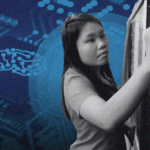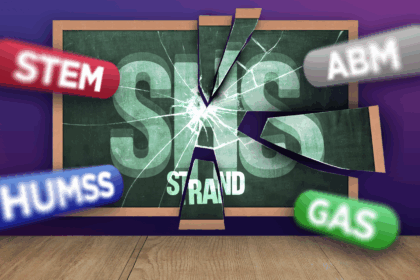As the Philippines participates in the Programme for International Student Assessment (PISA) in 2025, questions are being raised about whether the country is truly ready to perform better compared to PISA 2022.
Despite wake-up calls for the Department of Education, signs of weak preparation persist, where the education sector only focuses on PISA rather than the education lapses itself.
The Programme for International Student Assessment (PISA) is conducted every 3 years by the Organisation for Economic Co-operation and Development (OECD) to assess 15-year-old students’ literary, math, and science proficiency in solving real-life problems.
The Philippines ranked 77th out of the 81 participating countries in the 2022 assessment. PISA 2025 was between March 10 to April 11, releasing results by 2026.
Low rankings in PISA and similar assessments reflect students’ current education problems, such as the lack of school principals, lack of facilities, and congested curriculum.
Non-defining
Only around 7,500 to 8,000 students are set to take the test, and are the lone students undergoing different classes designed to ace PISA.
This leaves out an estimated 28 million students from the same quality education undertaken by the test-takers, hence the results of the upcoming PISA are not a representation of the performance of the majority of students.
UP Professor Jomar Rabajante states that inflation of scores do not reflect the actual state of education, making such assessment preparations or interventions a distortion of the exam’s purpose
Focus shift
Fixation on assessment rankings diverts attention from investing in long-term solutions that address the current education crisis—the Philippines must address the growing problems first instead of having band-aid solutions.
According to Philippine Institute of Development Studies, only 3.6% of the nation’s GDP is allocated for education, which below the 4-6% global benchmark, showing that higher PISA rankings do not mean educational improvement
Experts believe that PISA scores will not address prevailing issues on the lack of principals, underfunding, lack of schools and facilities, poor governance, and teacher-subject mismatch.
“PISA is not an exam one can cram for. It was designed to assess how well students can apply what they’ve learned to unfamiliar, real-world problems. We distort the purpose of the exam and fail to raise the quality of education for the 28 million students who are equally deserving of that depth of learning,” University of the Philippines professor Lizamarie Olegario emphasized.
The Second Congressional Commission on Education (EDCOM 2) also claims that if these issues are addressed, only then the results will improve.








